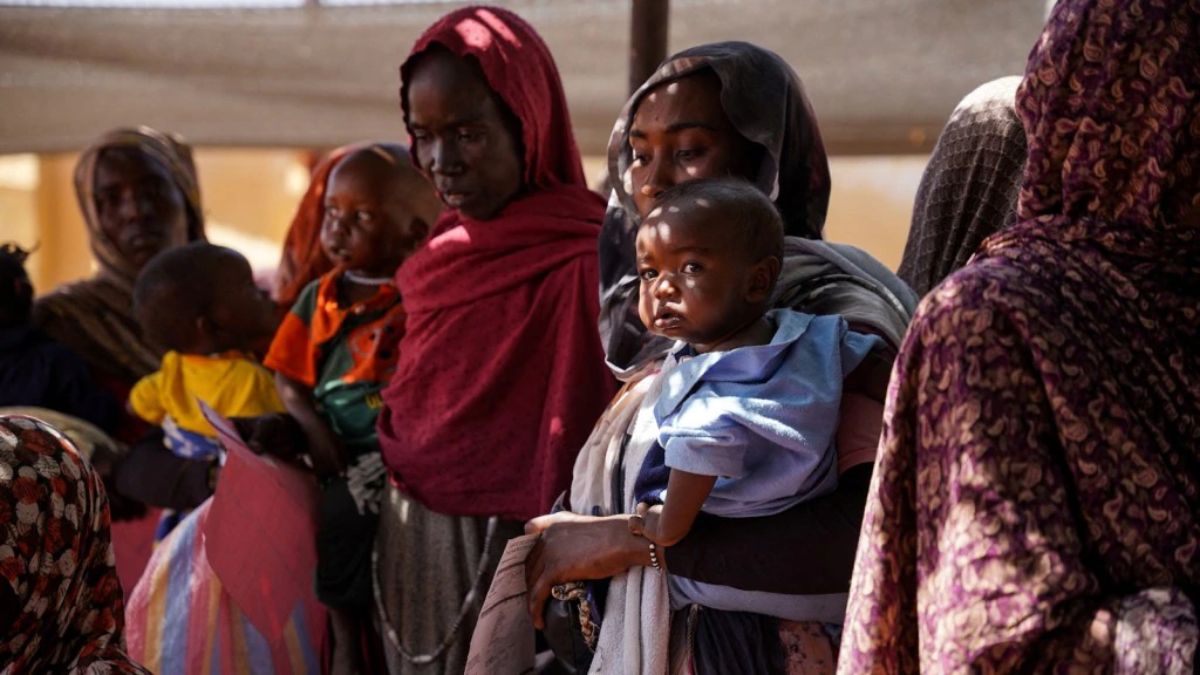Sudan’s conflict continues to spiral, marked by widespread violations of human rights that may amount to war crimes.
Both the Sudanese Armed Forces (SAF) and the Rapid Support Forces (RSF) have been found responsible for indiscriminate airstrikes, shelling, and attacks on civilians, hospitals, schools, and vital infrastructure such as water and electricity supplies.
The first report by the UN’s Independent International Fact-Finding Mission to the African nation has the horrid reality of civil war.
The findings, based on investigations conducted between January and August 2024, reflect testimony from survivors, eyewitnesses, and experts.
Both sides likely committed war crimes
The conflict, which has now spread to 14 of Sudan’s 18 states, has displaced millions and caused immense suffering for civilians.
The report spotlights the devastation caused by both warring factions, who have not only carried out direct assaults on civilians but have also obstructed humanitarian access to those in dire need of assistance.
The UN’s findings indicate that the actions of both the SAF and RSF may amount to war crimes, particularly concerning attacks that have caused extensive harm to civilians.
Child soldiers, rape, and slavery
The UN report also highlights the recruitment of child soldiers by the RSF and its allies, as well as reports of sexual violence, including rape and sexual slavery, which may constitute additional war crimes.
Impact Shorts
More ShortsNearly eight million people have been displaced internally, while two million more have fled to neighbouring countries. As civilians bear the brunt of the violence, calls for a ceasefire have intensified.
However, efforts to halt the fighting and ensure the delivery of humanitarian aid have been stymied by ongoing hostilities.
Targeted violence against ethnic groups
One of the most alarming aspects of the report is the targeted violence against certain ethnic groups, particularly the Masalit community in West Darfur. The report documents incidents of rape, torture, and destruction of property carried out by the RSF and allied militias.
Such acts, alongside widespread displacement, have had a particularly brutal impact on Sudan’s non-Arab communities, with evidence pointing to ethnic and gender-based persecution.
“The gravity of these findings underscores the urgent need to protect civilians,” said Mohamed Chande Othman, Chair of the Fact-Finding Mission. “The failure of the warring parties to spare civilians demands independent and impartial intervention.”
A call for arms embargo
The mission’s report calls for an expanded arms embargo to prevent further escalation and urges greater international oversight, including cooperation with the International Criminal Court (ICC) to bring those responsible for violations to justice.
Former President Omar al-Bashir remains a symbol of the impunity that has persisted, with little progress made toward holding those involved accountable.
The failure of international community
Humanitarian organisations continue to face significant challenges in providing aid due to blockades and the targeting of relief workers.
While the international community has undertaken some efforts to mediate between the warring parties, the situation remains critical.
For now, Sudan’s civilians remain caught in the crossfire, with no immediate end in sight. The scale of human suffering continues to grow, and without decisive action, the humanitarian crisis is likely to worsen.
)